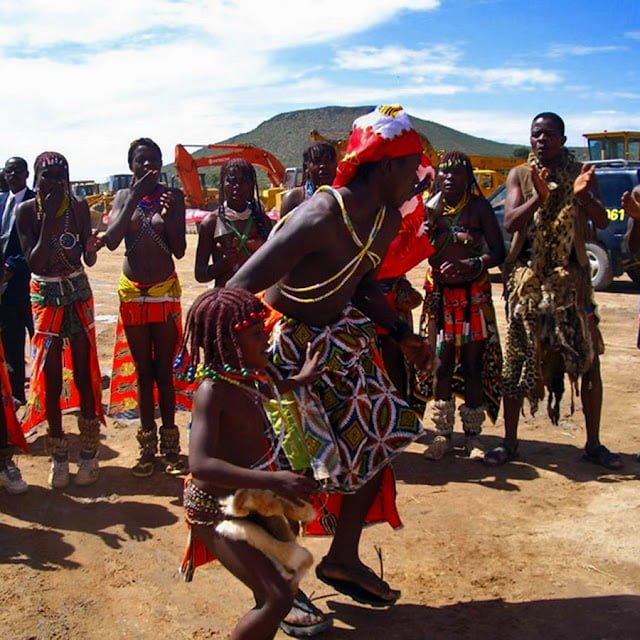The Mbundu culture of Angola is a rich and diverse cultural heritage that has a deeply rooted history, customs, and traditions.
Mbundu is one of the largest ethnic groups in Angola, and their culture has been shaped by centuries of colonialism, slavery, and the influence of neighboring cultures.
One of the most significant elements of Mbundu culture is the oral tradition. This tradition has been passed down from generation to generation and includes stories, songs, and proverbs that are used to teach values, history, and customs.
This oral tradition is an essential aspect of Mbundu culture and is still celebrated today through the use of storytelling, poetry, and song.
Music is another central aspect of Mbundu culture. The music of the Mbundu people is characterized by intricate rhythms, complex harmonies, and melodic lines that are meant to evoke emotions and tell stories. Music is often used to accompany dances and rituals, and it is also used to celebrate special events and to mark the passage of time.

Another important aspect of Mbundu culture is the traditional healing practices. These practices are based on the belief that the cause of illnesses is often related to spiritual or supernatural factors.
Healers use a combination of herbal remedies, rituals, and other spiritual practices to cure their patients. Mbundu traditional healing practices are still widely used today, and they play a significant role in the health and wellbeing of the community.
The Mbundu people have a rich tradition of art and crafts, including pottery, weaving, and carving. The traditional art of the Mbundu people is often inspired by nature, and it reflects the beliefs, customs, and values of the culture. These crafts are not only beautiful but also serve practical purposes, such as pottery used for cooking and storage.
READ ALSO: The Luba-Katanga culture of the Democratic Republic of Congo
The Mbundu people have a deep spiritual connection to the land and to their ancestors. They believe in a strong connection between the living and the dead, and they often honor their ancestors by making offerings, such as food or other objects, at ancestral shrines. These shrines are often located near important rivers or lakes and are considered sacred places where the ancestors reside.
The Mbundu people are also known for their agricultural practices. They have a long history of cultivating crops such as maize, manioc, and beans, and they have developed a sophisticated system of irrigation and terracing to maximize the use of their land. Agricultural practices play an important role in the lives of the Mbundu people and are a significant source of food and income for the community.
The Mbundu people are known for their hospitality, and their homes are often open to guests. The sharing of food and resources is an important aspect of Mbundu culture, and it is considered a sign of respect and kindness. Hospitality is an essential part of the Mbundu culture, and it is a reflection of their values and beliefs.
The Mbundu people have a long and complex history, and their culture has been shaped by centuries of colonialism, slavery, and the influence of neighboring cultures. Despite these challenges, the Mbundu culture remains rich, diverse, and vibrant, and it continues to play a significant role in the lives of the people of Angola.
In conclusion, the Mbundu culture of Angola is a rich and diverse cultural heritage that is deeply rooted in history, customs, and traditions. It is a testament to the resilience and strength of the Mbundu people and is a source of pride for the community.
The Mbundu culture is a valuable part of the cultural heritage of Angola, and it continues to play an important role in the lives of the people of Angola.

